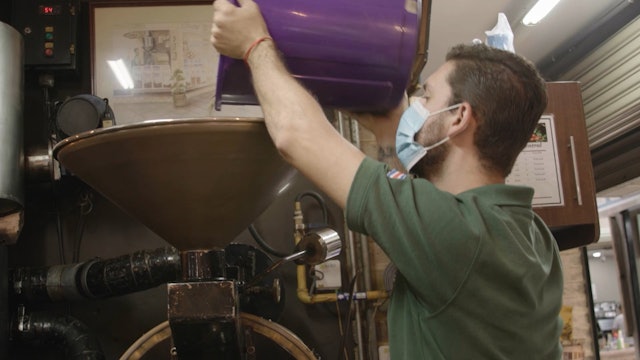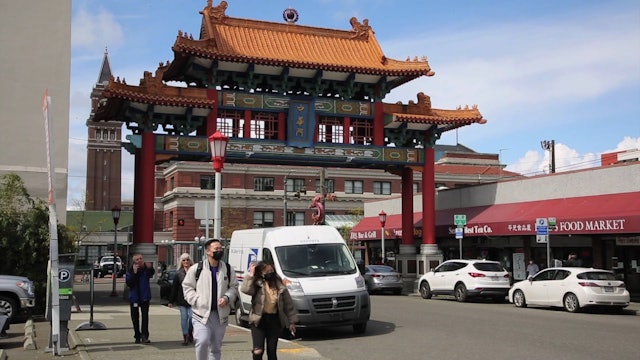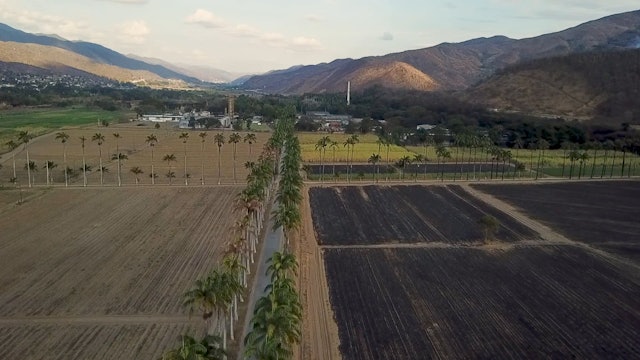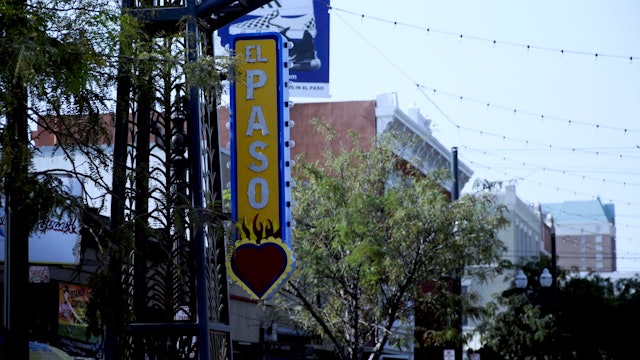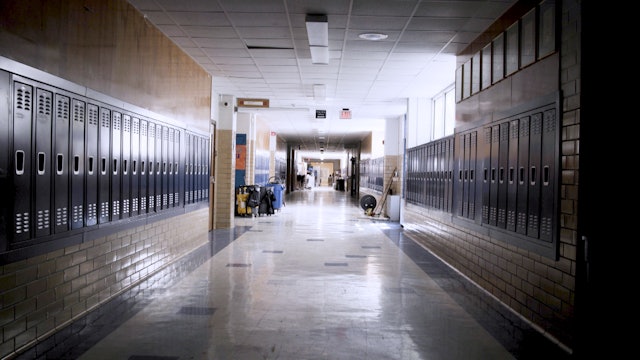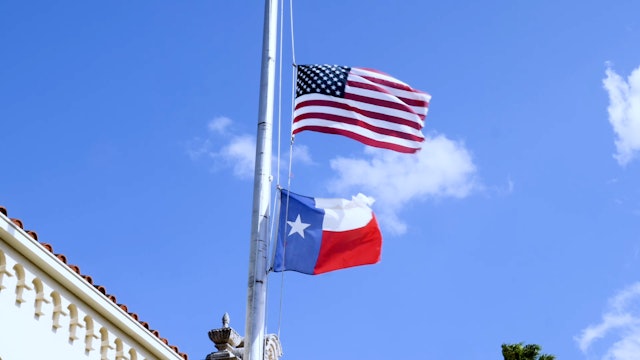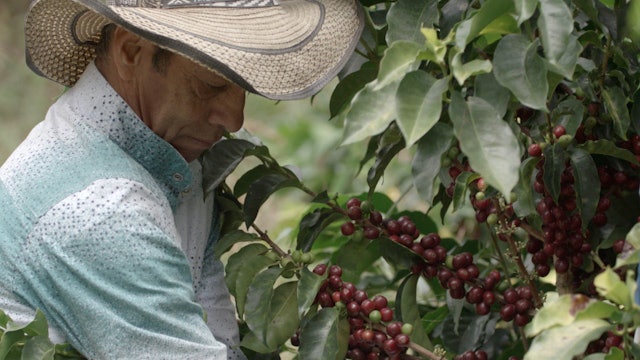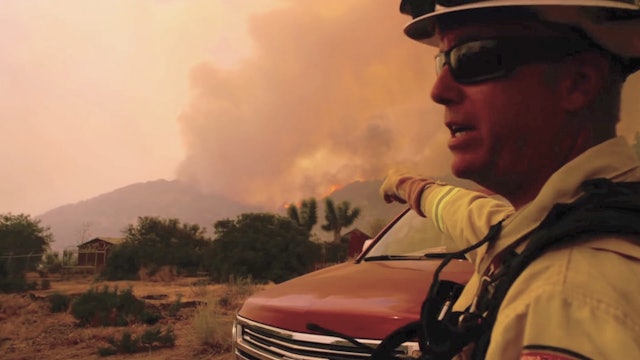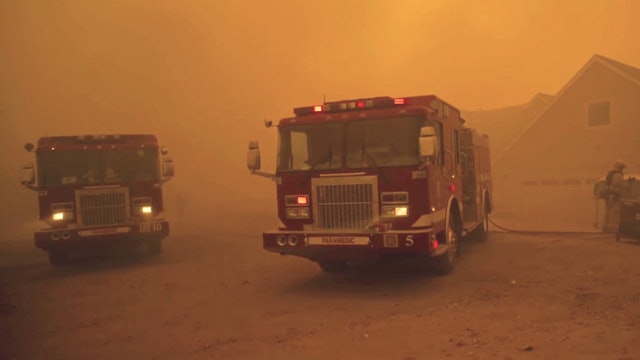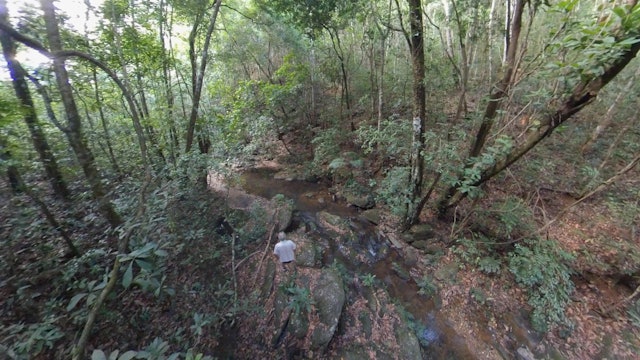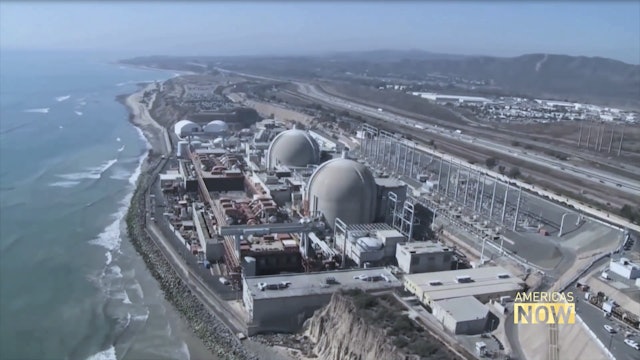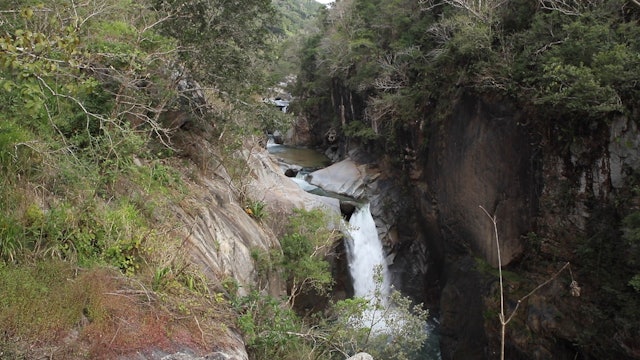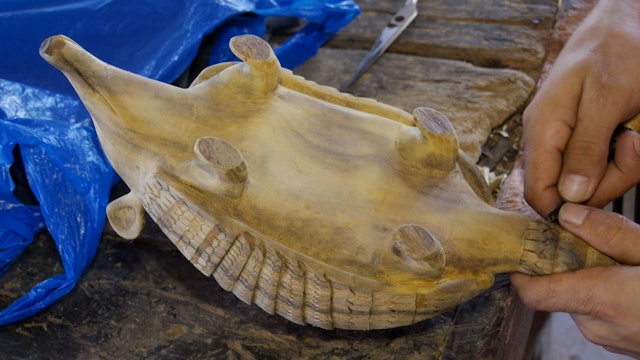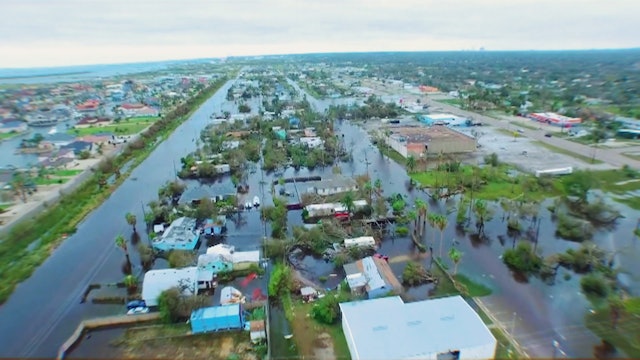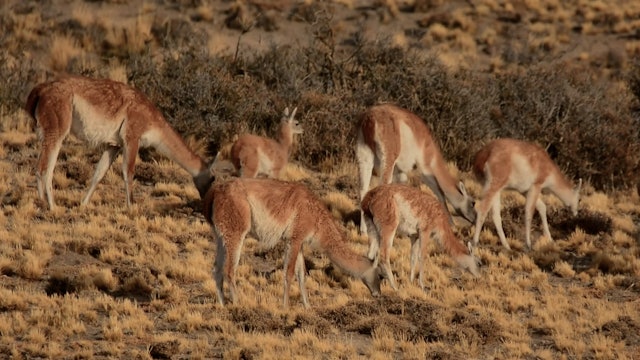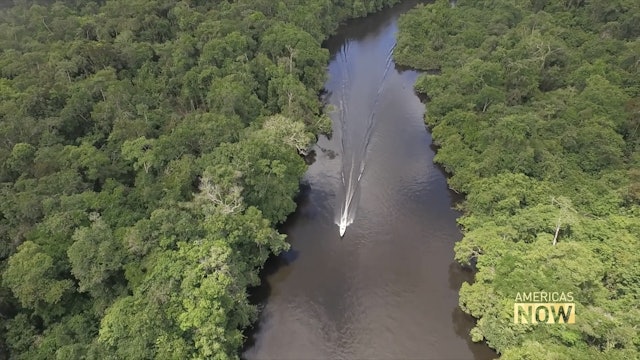Americas Now
Join us in uncovering the untold tales that influence our collective future in "Americas Now." Discover the richness, variety, and vitality of the Americas in a whole new way. Every story is a journey, and every journey is an adventure.
-
Lack of Labor Threatens Central America's Coffee Industry
Central America produces some of the best coffee in the world. But a combination of factors is hurting the industry. The biggest challenge to overcome? Finding farmers to work at the plantations. Harris Whitbeck reports.
-
The Asian History Behind Building The USA
Seattle is home to many technology companies that have changed the way we live. It is also home to a vast Asian community. Correspondent Mike Kirsch explores the roots and contributions of Chinese and Asian Americans in one of the most prosperous and progressive cities in the United States.
-
Changing lives and giving hope through Rugby
Crime is a significant problem in Venezuela. Politicians and experts have struggled to find a solution. So when a company became the victim of gang violence, the owner took matters into his own hands. He began recruiting gang members to play for his Rugby team. It became a rehabilitation program ...
-
How a community is recovering from gun violence's trauma
It was a massacre that targeted Latinos. One day in El Paso, Texas -- 23 people were killed and more than a dozen injured. What triggered such a high level of violence? Dan Williams met with some survivors who reflected on hate, racism, and reconciliation.
-
How teachers in the U.S. cope with mass shootings
Since the Columbine High School massacre in Colorado in 1999, more than 300 school shootings have occurred. So what is the role of a modern-day teacher in the US? And how are they dealing with the threat of a potential shooting happening anywhere and anytime? Harris Whitbeck explains.
-
More guns, fewer guns, Texas' dilemma.
The state of Texas has a long tradition of gun ownership. It has the most significant number of registered firearms in the country. This gun culture has remained intact despite some shocking mass shootings - like the one in May at a school in Uvalde, Texas. 21 people were killed, including 19 c...
-
What does it Take to be a Migrant Farmhand?
It's been a crusade for decades, but farmworkers in the US still struggle to get adequate healthcare or better salaries. Mike Kirsch met with legendary labor activist Dolores Huerta. They spoke about the progress that's been made in protecting almost 3 million farmers. And what still needs to be...
-
Ecuador Aims to Conquer the Saturated Chocolate Market with Its best Cocoa
The most refined and expensive chocolates are produced in Europe. But to concoct the perfect truffle, chocolatiers need cocoa. And cocoa comes from Latin America and Africa. Gerry Hadden reports on how cocoa-producing countries are now trying to compete in chocolate's global market.
-
Slim Profits for Coffee Farmers in Colombia are Threatening Their Production
When people around the world think about coffee, chances are they'll connect a good cup of Joe with the country of Colombia. Experts say Colombia's geography and climate are perfect for growing aromatic and mild-flavored coffee. But as Michelle Begue explains, there are concerns about what could ...
-
Ecuadorian bus drivers took the highway to electric innovation
In 1995, Ecuador's capital, Quito, was the first city in South America to incorporate hybrid buses connected to electrical grids. Most of the other buses in the country run on gas and diesel which lead to more pollution.
A group of drivers in the town of Guayaquil decided to change that.
Corr...
-
A 30 years climate prediction is now a reality
Three decades ago, in California, a group of scientists released a list of predictions on the future effects of climate change on the United States’ West Coast. They mentioned droughts, fires and floods.
Correspondent Mike Kirsch went to find out what climate scientists today are projecting for...
-
COVID-19 and wildfires main concern for Californians
Every year, California is engaged in an epic “Man versus Nature” battle against thousands of wildfires that rage across the land, claiming lives and inflicting billions of dollars in damage.
With the dreaded fire season approaching, there is a new element to be fearful of, COVID19 spread.
A...
-
Climate Change and Pandemics threatens Central America
The COVID-19 pandemic took the spotlight away from Earth Day’s 50-year celebration on April 22nd.
Though environmentalists and climate activists see this as a demonstration that when there is enough political will, strong and rapid actions can be taken to mitigate a problem.
The northern trian...
-
Crocodile whisperer rescuing crocs in Jamaica
Crocodiles, no matter where they exist in the world, are an endangered species. Their habitat is being lost and they are being poached for their meat which in some cultures is seen as a delicacy. The state of the crocodile is no different on the Caribbean Island of Jamaica. The crocodile is disap...
-
Could private conservationism save the Amazon?
It’s a question that is becoming increasingly urgent as concern grows that the world’s largest original forest – a key defense against global warming – risks being destroyed by farming, logging and climate change.
One solution may lie partly in private hands.
More
In 1990, the government ...
-
A polluted river causes severe health problems in Mexico
The world’s rivers are some of the most vital natural resources, sustaining life wherever they flow. But in Mexico, one water body is causing real problems, making environmental concerns grow over industrial and urban development.
-
The U.S. is the country with the highest number of nuclear reactors
-
Dam fears spark protests in Puerto Vallarta
An idyllic spot near Puerto Vallarta, Mexico where a mountain river meets the sea has long been loved for its wildlife and natural beauty. But a recent move by a local company to allegedly “dam up” the Los Horcones river sparked outrage and activism that went far beyond the town.
Local reside...
-
Wood figurines feed Amazon forest communities
They may be simple little images of local wildlife from Brazil’s Amazon rainforest but for those who sell them -- and for the tourists who buy them -- they’re more than just a trinket. These little figurines are helping feed hundreds of families -- while giving visitors an endearing memory of the...
-
Oaxaca Mexico Crippled by Earthquakes and COVID-19
One of the strongest earthquakes in Mexican history rocked the country in 2020. The epicenter was in the southern state of Oaxaca, an impoverished region where the damage was extensive.
The timing couldn’t have been worse, coming in the middle of a pandemic that has
devastated the Mexican econom... -
Profile: Craig Fugate, Former FEMA Administrator
The Atlantic Hurricane season runs from June through late November. In 2019 Hurricane Dorian left hundreds dead or missing in the Bahamas. The economic toll – more than 3 billion dollars. Our John Zarrella met with the person who was in charge of managing emergencies in the U-S for a decade. T...
-
Profile: Environmentalist Kris Tompkins
Patagonia for over 20 years -Kris Tompkins gave it all back to Chile and Argentina, countries that had expanded their national parks. Correspondent Joel Richards profiled the woman behind one of the largest land donations in history.
-
Migrant Farm Workers in California Lack Safe Drinking Water
More than a million residents in California -most of them Latino farm workers that make up the backbone of the agricultural workforce- don’t have safe drinking water in their homes and schools.
Scientists say the water is tainted with unsafe levels of arsenic and harmful pesticides such as 123 ...
-
Colombians are leading the way in water conservation
As water scarcity becomes a growing concern around the world, community leaders and scientists in Colombia are leading the way in preserving water resources.
In 1990, the country ranked fourth with the greatest resources of freshwater in the world.
At the time, Colombia had more than 700,000 di...



